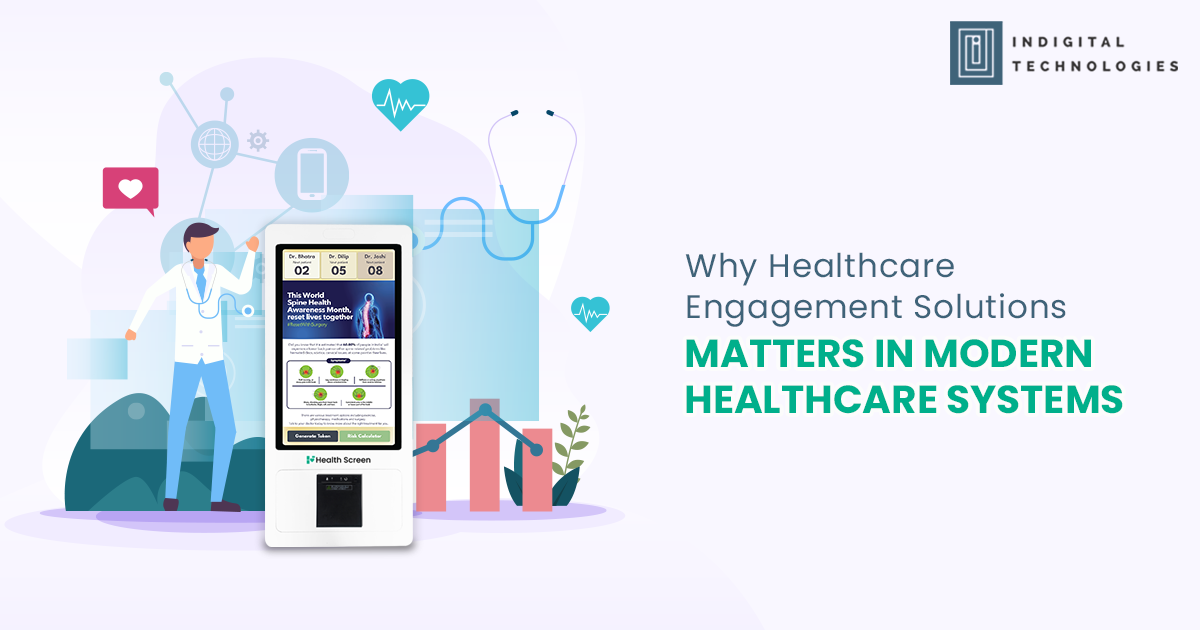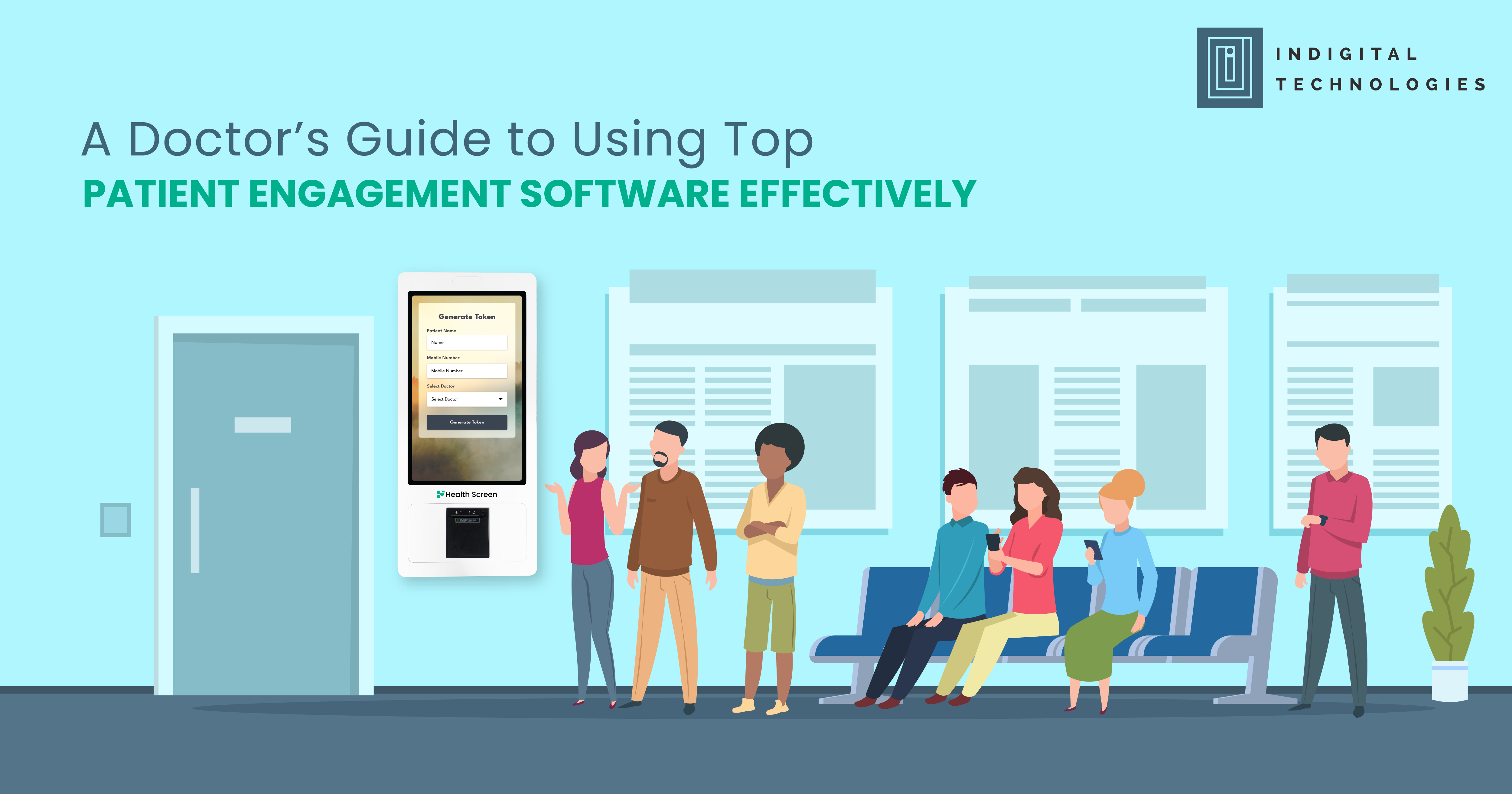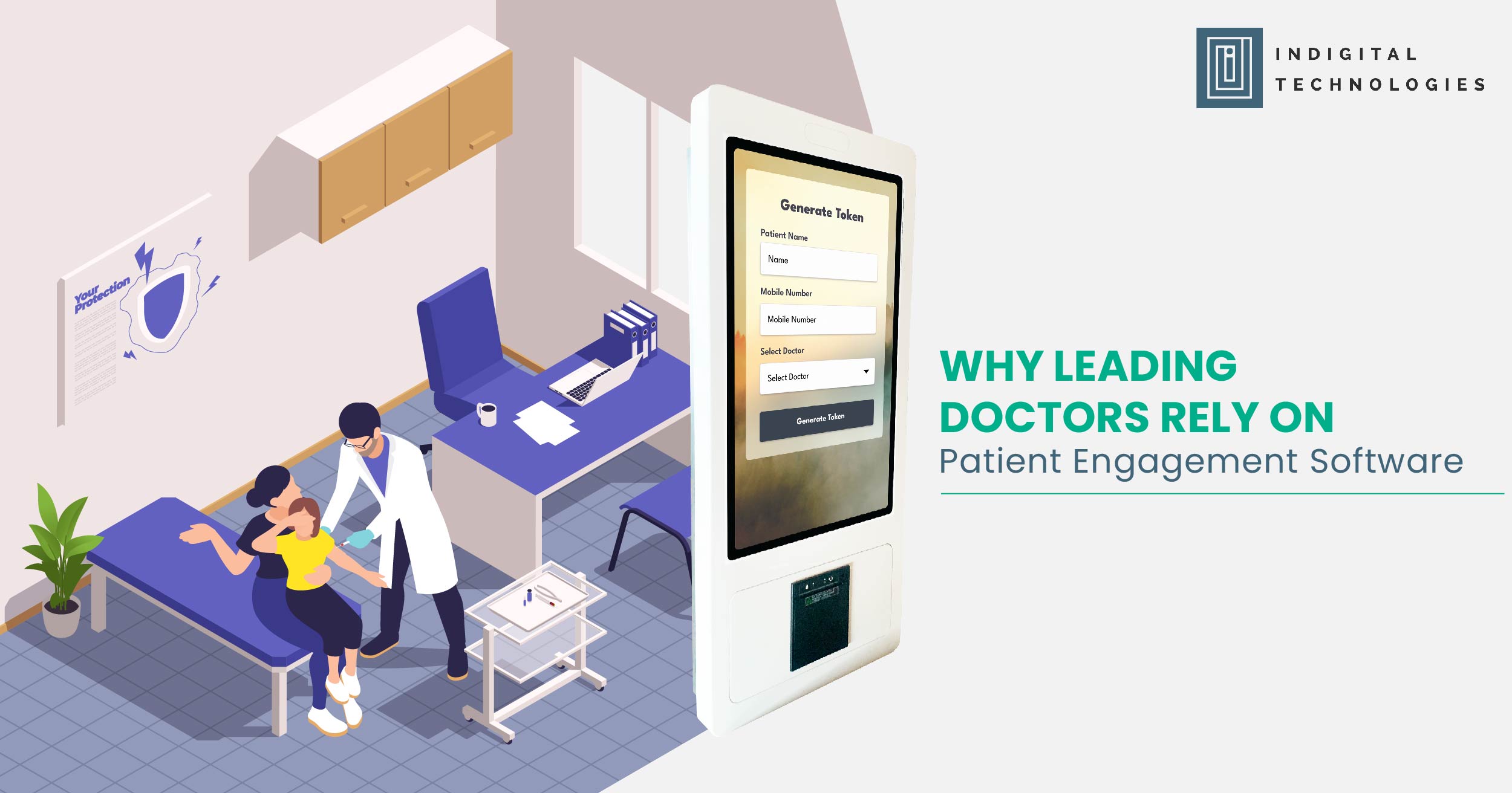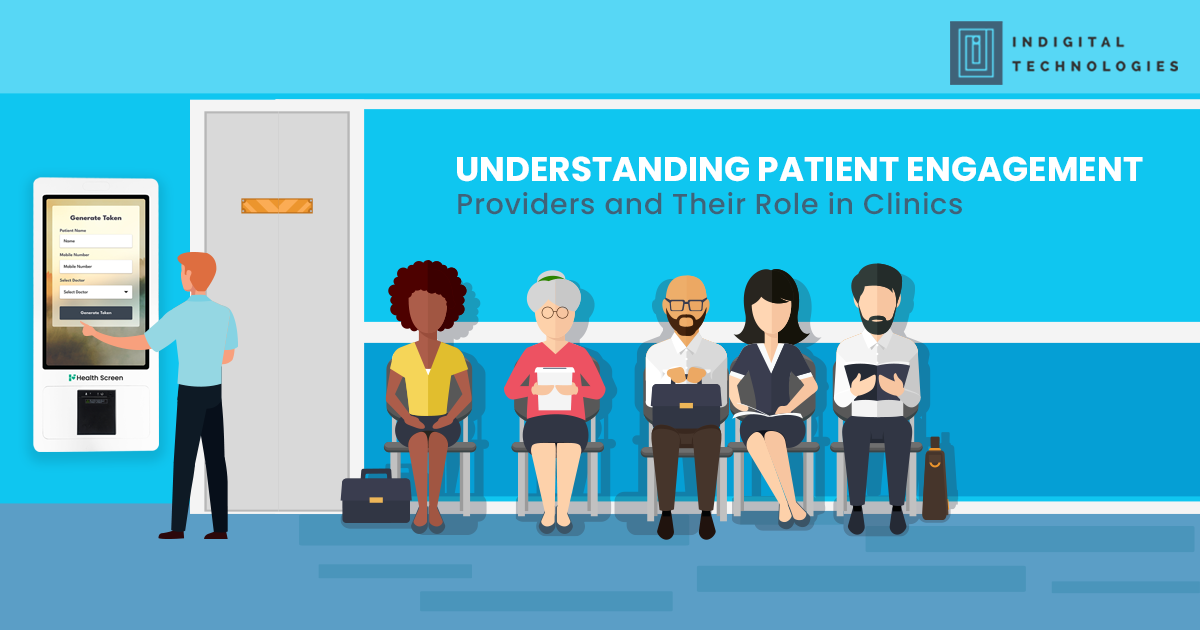Modern healthcare systems are evolving rapidly. As technologies advance, treatment protocols improve, and patient awareness increases, one factor has become undeniably central: engagement. How doctors and healthcare organizations connect with patients now significantly impacts clinical outcomes, operational efficiency, and overall trust.
Healthcare engagement solutions are not just supporting this transformation — they are driving it.
The Shift from Treatment to Partnership
Historically, healthcare was doctor-driven — patients sought treatment, and doctors delivered care. Today, patients expect to be partners in their health journeys. They seek information, personalized communication, and active involvement in decision-making.
Engagement solutions facilitate this shift by offering tools that keep patients informed, connected, and involved throughout their care cycle — far beyond the walls of a clinic or hospital.
Benefits for Modern Healthcare Systems
1. Better Clinical Outcomes
When patients are actively engaged, they are more likely to adhere to treatment plans, attend follow-up appointments, and adopt recommended lifestyle changes.
Digital engagement platforms that deliver timely reminders, educational content, and motivational messages empower patients to take ownership of their health. As a result, doctors witness higher compliance rates and improved clinical results — particularly in chronic disease management.
2. Enhanced Patient Satisfaction
In an era where healthcare is increasingly consumer-driven, patient satisfaction is a critical success metric. Patients who feel heard, informed, and cared for are more likely to remain loyal, recommend their providers, and provide positive feedback.
Engagement solutions — whether through automated messaging, easy appointment scheduling, or post-consultation education — create a seamless, reassuring patient experience that drives satisfaction.
3. Streamlined Operations
Efficient healthcare delivery isn’t just about what happens inside the consultation room. Managing appointments, follow-ups, reminders, and patient queries consumes significant administrative time.
Healthcare engagement platforms automate many of these functions, freeing up doctors and staff to focus on direct patient care. This improves patient flow, reduces wait times, and optimizes clinic productivity.
4. Improved Preventive Care
Preventive healthcare has become a major priority globally. Engagement solutions enable doctors to stay connected with patients in between visits — sending seasonal health alerts, vaccination reminders, or wellness check prompts.
Such proactive engagement not only enhances public health but also builds stronger, longer-term doctor-patient relationships.
5. Data-Driven Decision Making
Modern engagement platforms often come with analytics dashboards that track patient interactions, feedback trends, and service satisfaction.
Doctors and healthcare managers can use these insights to fine-tune patient education efforts, identify areas for improvement, and personalize services more effectively — ultimately leading to better care outcomes and operational excellence.
Overcoming Barriers to Adoption
While the benefits are clear, some doctors remain hesitant to embrace engagement technology, citing concerns such as:
- Time required for implementation
- Fear of losing personal touch
- Data privacy concerns
However, well-designed platforms are built for simplicity and compliance. They enhance rather than replace personal doctor-patient interactions. Moreover, leading solutions adhere strictly to privacy regulations, ensuring secure communication at every step.
By choosing the right partner and focusing on gradual, goal-oriented implementation, these barriers can be easily overcome.
Future-Readiness in 2025 and Beyond
Healthcare systems are rapidly moving toward value-based care models, where patient outcomes and satisfaction define success — not just the volume of consultations.
Healthcare engagement solutions align perfectly with this vision, ensuring that patients are active collaborators in their care journeys. Clinics and hospitals that invest in patient engagement today are positioning themselves to lead the future of healthcare tomorrow.
Pharma managers, too, recognize the immense potential of supporting engagement initiatives that promote therapy adherence and patient education ethically and effectively.
Conclusion
Healthcare engagement solutions are no longer optional add-ons; they are foundational pillars of modern, patient-centered healthcare systems.
For doctors committed to delivering excellent care and for healthcare brands aiming to strengthen patient loyalty, investing time and thought into effective engagement is no longer a choice — it’s a necessity.
When patients are engaged, everyone wins: the doctor, the clinic, the pharma brand, and most importantly, the patient themselves.





